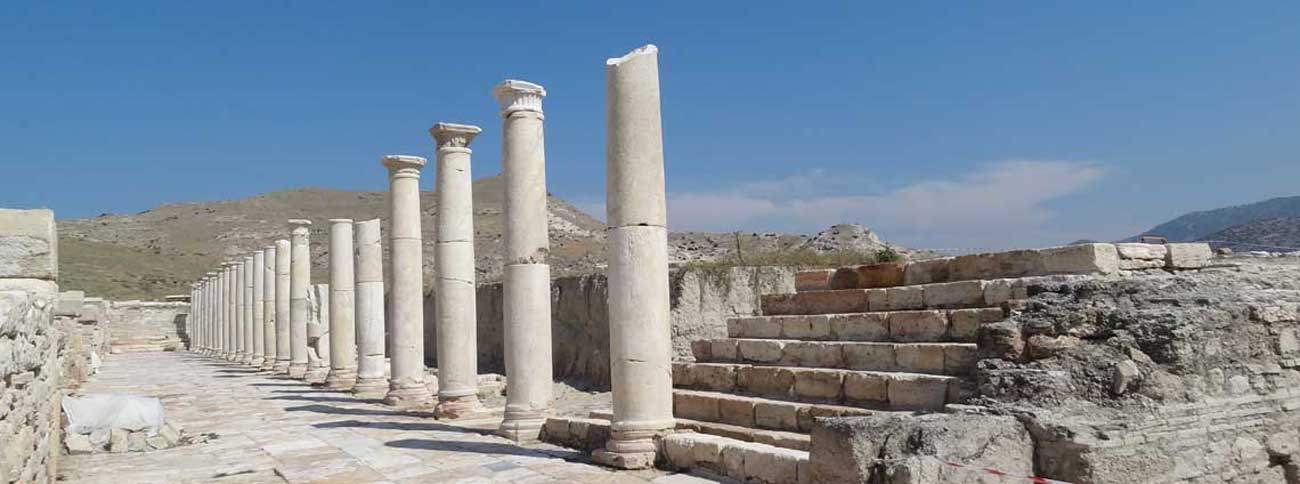 |
 |
 |
||
|
Die historischen Stätten in der Türkei |
The historical sites in Turkey |
|
|
Das Gebiet der heutigen
Türkei ist seit der Altsteinzeit besiedelt. Orte wie Göbekli Tepe,
Nevali Cori und Çatalhöyük zeugen davon. Um 1600 v. Chr. gründeten die
Hethiter ihr Großreich. Ihre Hauptstadt war Ḫattua, in der heutigen
Provinz Çorum beim Dorf Boğazkale.
Die Westküste der heutigen
Türkei wurde bereits seit Mitte des zweiten vorchristlichen Jahrtausends
von ionischen, aiolischen und dorischen Griechen besiedelt, die von dort
aus an die Südküste und die Schwarzmeerküste vordrangen.
Ab 334 v. Chr. eroberte
Alexander der Große ganz Kleinasien. Nach dessen Tod zerfiel sein
Großreich. Damit begann der Hellenismus mit mehreren rivalisierenden
Herrschern makedonischer Abstammung. Die meisten Bauten der historischen Städte in der Türkei stammen aus der römischen Epoche. Aus byzantinischer Zeit sind hauptsächlich Basiliken und Stadtbefestigungen erhalten. |
The area of today's Turkey has been
inhabited since the Paleolithic Age. Places like Göbekli Tepe, Nevali
Cori and Çatalhöyük bear witness to this. Around 1600 B.C. the Hittites
founded their empire. Their capital was Ḫattua, in today's province
Çorum near the village Boğazkale. Their empire ended for unknown reasons around 1200 BC, but their culture continued to exist in minor kingdoms in southeastern Anatolia and Syria until around 600 BC. Around 700 B.C. the empire of the Lyder with the capital Sardes developed in western Asia Minor, while in the north-east with the today's city Van from 9th to 7th century B.C. the empire of Urartu existed. Since the middle of the
second millennium BC, the west coast of present-day Turkey has been
populated by Ionic, Aiolian and Doric Greeks, who penetrated from there
to the southern coast and the Black Sea coast. From 334 B.C. Alexander the Great
conquered all of Asia Minor. After his death, his great empire fell
apart. Thus Hellenism began with several rival rulers of Macedonian
descent. Most of the buildings in Turkey's historic cities date from Roman times. Basilicas and city fortifications are mainly preserved from the Byzantine period. |
|
|
Rechtliches |
Kontakt |
|
Sonstiges |
|||||||||
| ð Impressum | ð info (ät) tuerkei-antik.de | ð Sitemap | ||||||||||
| ð Datenschutz | ð Werbung | |||||||||||
| ð Links | ||||||||||||
 |